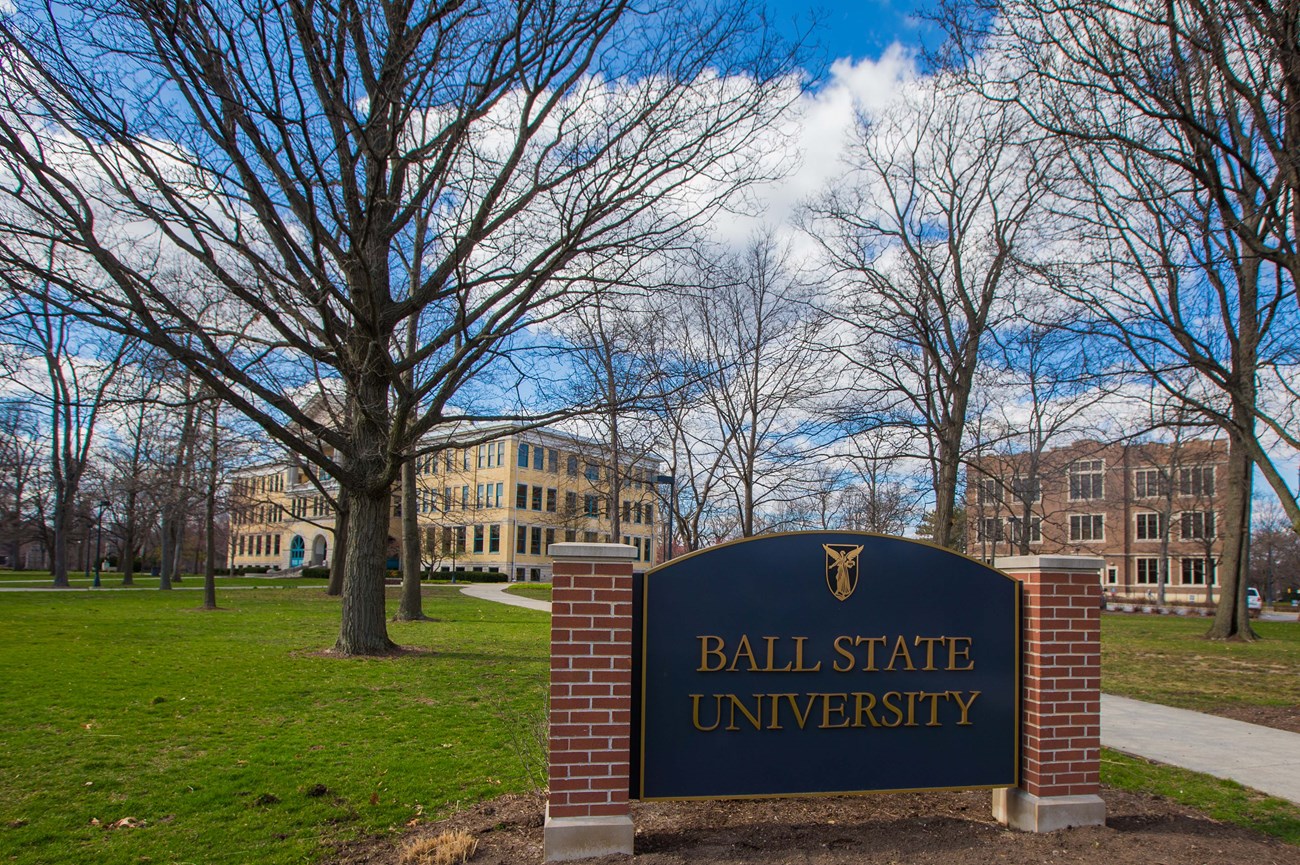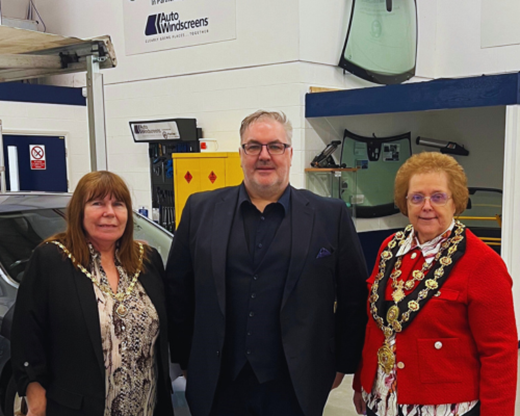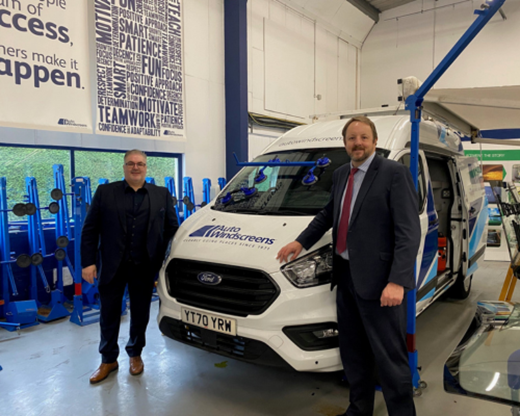Carbon neutral projects we’re helping: Clean campus energy in the USA
Carbon neutrality is something colleges and universities in the USA have been working towards. Here we look at how their aims have been supported through BP Target Neutral and the businesses it works with, such as Auto Windscreens.
Situation in USA
The Campus Clean Energy and Energy Efficiency Projects (CCEEP) support colleges and universities across the USA in developing and marketing carbon offsets as a way to accelerate their progress towards campus carbon neutrality. Proceeds from carbon credit sales are invested into sustainability projects on campus, allowing institutions to achieve greater emissions reductions and pushing communities to develop clean, efficient energy systems.
How does the project contribute to carbon reduction?
Three universities have been supported by BP Target Neutral – Ball State University, Indiana, University of Illinois Urbana-Champaign Campus, and Southern Oregon University. Together, the three campuses will reduce approximately 95,000 tCO2e emissions per year, achieved by each campus employing a number of different energy efficiency measures and technologies:
- In 2006, Ball State University (BSU) became a founding signatory to the American College & University Presidents’ Climate Commitment (now known as the Carbon Commitment), with the aim of achieving carbon-neutrality by 2050. With 21,000 students and more than 100 campus buildings providing educational, residential and facility services, the university decided to create the nation’s largest ground-source, closed-loop district geothermal energy system. The project replaced the university’s coal-fired boilers and chilled water equipment and achieved a seven-fold increase in efficiency. BSU has eliminated annual emissions of 85,000 tons of carbon dioxide, 240 tonnes of nitrogen oxide, 200 tonnes of particulate matter, 80 tonnes of carbon monoxide, and 1,400 tonnes of sulphur dioxide. The net change has cut the university’s overall carbon footprint nearly in half. BSU has sold its initial verified carbon emission reductions and BP Target Neutral has agreed to purchase further voluntary credits from the university.
- The University of Illinois Urbana-Champaign (UI) campus comprises more than 600 buildings providing facilities for over 40,000 students and staff. In 2008, it signed the Carbon Commitment, committing to become carbon neutral by 2050. In 2010, UI set specific targets for campus sustainability, and by 2015 it had reduced existing building energy consumption by 20%, existing building greenhouse gas emissions by 15%, and obtained 5% of electrical energy from renewable sources. UI has retrospectively sold its verified carbon emission reductions for 2011-2014, enabling further emission reductions on campus. BP Target Neutral has committed to the purchase of carbon credits generated by the university since mid-2014. Going forward, the university has set new five-year targets from 2015, which include renewable energy goals of 120,000 MWh/year from low-carbon energy sources and 12,500 MWh/year of on-campus solar energy production.
- Southern Oregon University (SOU) was amongst the first signatories of the Carbon Commitment in 2007, committing to be carbon neutral by 2050. SOU was the first university in Oregon and one of the first in the nation to offset 100% of its energy use with clean, renewable power. It is the first university in the nation to balance 100% of its water consumption. SOU adopted a Climate Action Plan in 2010, which outlined the university’s goal to reduce its carbon footprint by 10% by 2020 and by 100% by 2050. The university is producing its own renewable energy through a 56-kW solar photovoltaic array that produces more than 70,000 kWh per year. The University's LEED Gold-Certified Raider Village is the newest development in sustainable campus living and features daylit common spaces, variable refrigerant flow technology and 153 kilowatts of solar photovoltaics. SOU students have created a self-imposed fee to support SOU’s continued commitment to power the campus with clean, renewable energy. BP Target Neutral has committed to the purchase of carbon credits generated by the university.
Key benefits
- Proceeds from the sale of carbon credits are invested in sustainability projects on campuses that help schools further improve their performance.
- Beyond reducing carbon emissions, these projects set in motion positive environmental benefits that will expand throughout academic institutions, as well as local and state communities for years to come.
- The carbon credit methodology creates a new source of finance and incentive to support clean energy and efficiency innovation at other college and university campuses throughout the US.
- Critical learning is being shared and research stimulated through initiatives like Ball State’s Geothermal-Systems Conclaves which target professionals, educators and students. These offer tours, hands-on workshops, in-service training and product/equipment exhibits.
- The student body is engaged with over 70 academic courses related to sustainability now offered at Illinois.
- Ball State’s Residence Hall Energy Challenge led to the winning residence cutting energy consumption by nearly 50,000 Kwh in just four weeks.
- SOU students voted to tax themselves to pay for renewable energy credits (RECs) that offset the natural gas and electricity consumed on campus. They subsequently transferred their renewable energy credits from gas and electricity to water, making SOU the first campus in America to offset 100% of its water usage.

Related Articles

Auto Windscreens Partners with UK Car Glass
Auto Windscreens and UK Car Glass join forces to offer windscreen replacement and ADAS calibration services at 76 centres nationwide, enhancing customer convenience and safety.
Thursday, 20 March 2025

Auto Windscreens Welcomes Chesterfield's Mayor and Mayoress
Auto Windscreens hosts Chesterfield's Mayor and Mayoress, showcasing apprenticeship programme and community involvement, reinforcing commitment to local development and charitable efforts.
Wednesday, 19 March 2025

MP Toby Perkins Visits Auto Windscreens Headquarters
MP Toby Perkins visits Auto Windscreens to discuss apprenticeships, automotive technician roles, and electric vehicles, highlighting industry challenges and future talent.
Friday, 14 March 2025